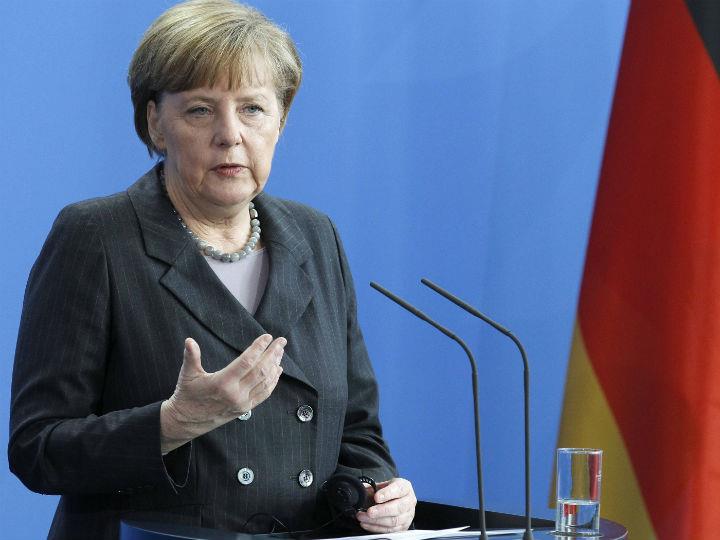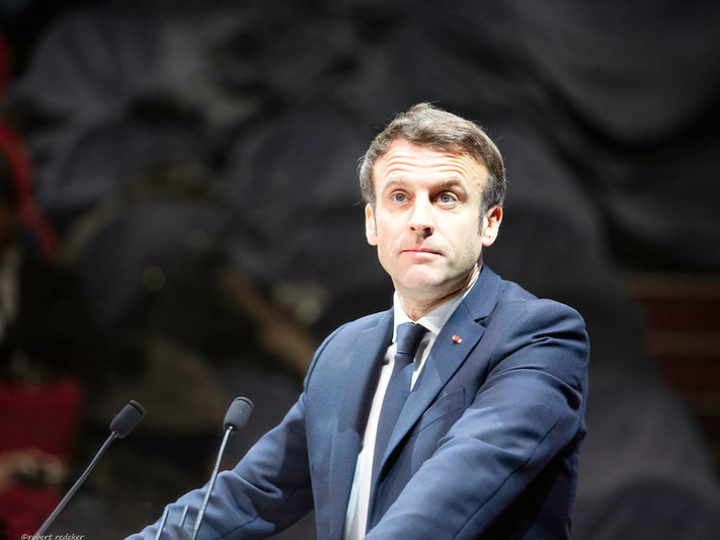by Judy Dempsey*
Europe’s Eastern and Southern neighborhoods are in turmoil. But the European Union is unable to act.
The EU’s reactions to the extraordinary, persistent, and peaceful demonstrations in Belarus—in which the security forces become more violent by the day—are shameful. The EU looks on helplessly at the war between Armenia and Azerbaijan. There is no end in sight to Russia’s de facto occupation of eastern Ukraine.
As for Europe’s Southern neighborhood—whether it’s the chaos in Libya, the political paralysis in Lebanon, the continuing war in Yemen, or the destruction of Syria—the European role has been pathetic. There, Europe has ceded responsibility to Russia, Turkey, and Iran. They are now reshaping the geostrategic picture of the region.
And Europe’s strategic helplessness is going to get worse.
The second wave of the coronavirus pandemic, which is sweeping across Europe, is going to make the bloc’s economies weaker and more inward-looking. If anything, if the big foreign policy issues do not shake the Europeans out of their comfort zone, this pandemic should.
The coronavirus is already affecting so many aspects of life that have been taken for granted. It shows that individual countries alone cannot overcome the pandemic and deal with its economic aftermath. It is going to require a collective, multilateral effort for growth to recover.
That is why the 2020 U.S. presidential election is followed closely from the European continent.
In terms of foreign policy issues, it is not the Brexit negotiations or the conflicts along the EU’s borders that have captivated the European imagination. Instead, it is what happens over on the other side of the Atlantic. There is the naive hope and longing that U.S. President Donald Trump will be defeated—and handsomely—by Democratic candidate Joe Biden.
There is also the subliminal sentiment that a Biden victory—if the polls are proven right—will restore U.S. global leadership and lead to the transatlantic relationship once again prospering. Just like that. This is lazy, wishful thinking. Neither are going to happen unless European leaders fundamentally accept that the old way of doing things is long over.
The old way was based on U.S. global leadership and a multilateral system built after 1945. During the Cold War, that architecture proved resilient. The ideological conflict galvanized the West but also created an intellectual complacency. That is Europe’s illness.
The end of the Cold War coupled with increasing globalization and new challenges to the West’s hegemony, especially from China, but also from Iran and Turkey, has left Europe rudderless. And dangerously so.
The conflicts on the EU’s borders confirm the crumbling of the post-1945 multilateral order. But moaning about its demise and moaning about Trump’s America First worldview is to duck the big issues that Europeans have to address, regardless of the U.S. election outcome.
The number one issue is how to rebuild multilateralism. This is not just about strengthening a rules-based trading system and opening up markets for poorer countries. It is also about security, in particular about strengthening arms control and curbing nuclear proliferation.
Both arms control and nonproliferation have taken a dangerous back seat under Trump. Russia and China in the meantime can easily exploit that lack of American leadership. But proliferation is hardly in their interest, given the growing capabilities of India, North Korea, and Pakistan, not to mention Iran’s nuclear ambitions.
Europe’s attitude to these security issues has been more than disappointing. EU leaders keep defending multilateralism, but their language is close to rhetorical. The argument is that when it comes to arms control, it is the United States that must take the lead, and then Europe will follow.
But instead of waiting for the White House to take up the mantle of arms control and security issues, what if the Europeans—led by Britain and France, its two nuclear powers—took the initiative?
Would it be that difficult for a consortium of democratic countries—including Argentina, Australia, Canada, Japan, New Zealand, South Africa, and South Korea, for example, all of whom have security concerns—to try and relaunch arms control talks? And make it a public issue?
The grim and dangerous reality is that the nuclear arms control regime is rapidly fraying. It’s going to require a major effort to bring China into the security arena and bring Russia back to the negotiating table.
So, whoever becomes America’s next president, European leaders have to decide whether they are going to grow up and take responsibility for multilateralism and global security issues or continue moaning and waiting for the United States to lead. The choice should be clear.
*nonresident senior fellow at Carnegie Europe and editor in chief of Strategic Europe
**first published in: carnegieeurope.eu




 By: N. Peter Kramer
By: N. Peter Kramer
